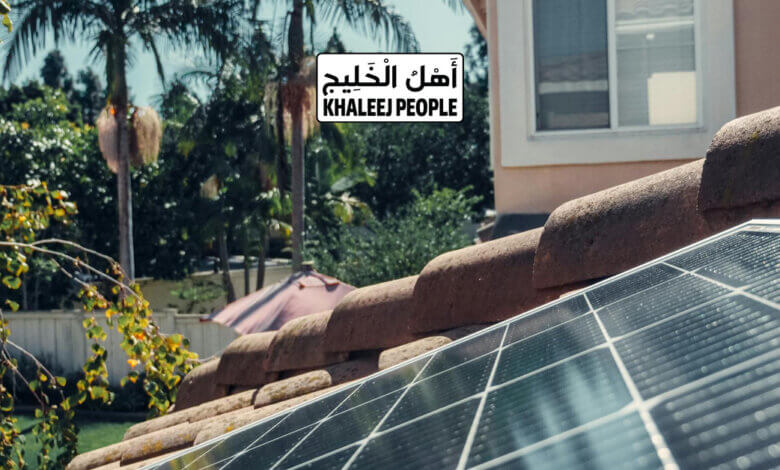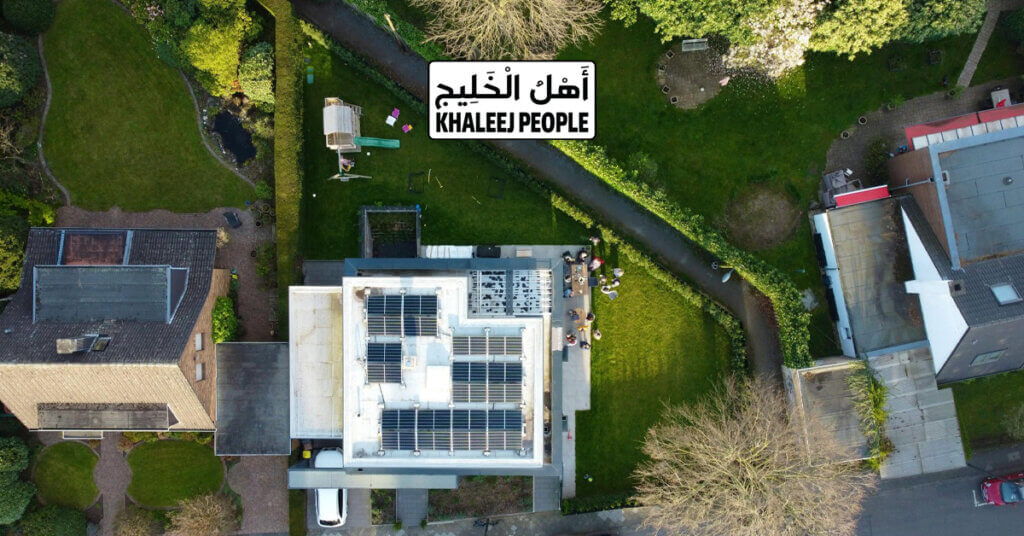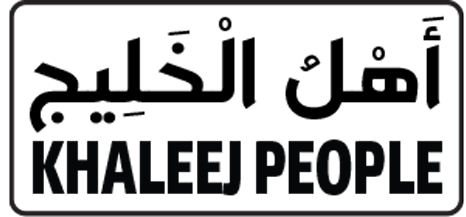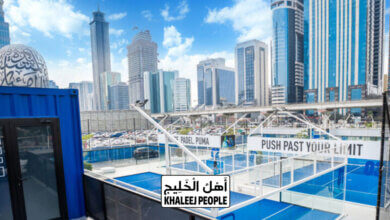Solar Energy for Homes in UAE | The Future of Sustainable Living

As the UAE continues to embrace sustainability, one of the most significant shifts in recent years has been towards renewable energy, especially solar power. With its abundant sunshine and forward-thinking policies, solar energy for homes in the UAE is gaining popularity among homeowners. In this article, we’ll delve into everything you need to know about harnessing solar power for your home in the UAE, from the benefits to installation processes, and how it can save you money while helping the environment.
Table of Contents
Why Solar Energy is the Future of Homes in the UAE
The UAE is one of the world’s sunniest regions, making it an ideal location for harnessing solar power. With over 3,500 hours of sunshine annually, solar energy for homes in the UAE is not only practical but also an environmentally conscious choice. Many homeowners are opting for solar energy solutions due to the combined benefits of cost savings, reduced carbon footprints, and government incentives that make switching to solar more attractive.
Abundant Solar Resources in the UAE
The UAE’s geographical location provides an abundance of sunlight, making solar energy an abundant and renewable resource. This is why the UAE government has heavily invested in solar power initiatives, aiming to generate 50% of its energy from renewable sources by 2050. Homeowners can take advantage of this natural asset to generate clean electricity for their homes.
Government Initiatives Supporting Solar Power
Government initiatives like the Shams Dubai program by Dubai Electricity and Water Authority (DEWA) allow homeowners to install solar panels and connect them to the grid. This initiative not only helps reduce reliance on fossil fuels but also allows homeowners to export excess energy back to the grid, offsetting their utility bills. These initiatives make solar energy for homes in the UAE more accessible than ever.
How Solar Energy Works for Homes
Solar energy systems are straight forward yet incredibly efficient. Understanding how these systems function can help homeowners make informed decisions.
The Science Behind Solar Panels
Solar panels are made up of photovoltaic (PV) cells that convert sunlight into direct current (DC) electricity. An inverter then transforms this DC electricity into alternating current (AC), which powers the home’s appliances. When more electricity is generated than needed, it can either be stored in batteries or fed back into the grid.
Components of a Home Solar Power System
- Solar Panels: Capture sunlight and convert it into electricity.
- Inverter: Converts DC electricity into usable AC electricity.
- Battery Storage (optional): Stores excess electricity for later use.
- Net Meter: Measures how much electricity is sent to the grid and how much is used.
Benefits of Solar Energy for Homes in the UAE
Choosing solar energy for homes in the UAE comes with numerous advantages. Not only does it provide long-term financial benefits, but it also helps combat climate change.
Environmental Impact
By switching to solar, you reduce your home’s carbon emissions significantly. This clean energy source helps the UAE meet its sustainability goals, contributing to global efforts to reduce greenhouse gas emissions.
Cost Savings Over Time
While the initial investment may seem high, solar energy leads to substantial savings on electricity bills in the long run. Over a span of 20 to 25 years (the average lifespan of solar panels), homeowners can expect to recoup their investment several times over.
Energy Independence
Installing solar panels allows homeowners to become less dependent on traditional electricity providers. In a country where energy demand is consistently high, this independence can provide peace of mind during peak usage times or outages.
Challenges and Misconceptions About Solar Energy
Despite its many advantages, some misconceptions surround solar energy for homes in the UAE.
High Initial Costs
One common misconception is that solar power systems are prohibitively expensive. However, the long-term savings and government subsidies significantly offset the upfront costs.
Performance in Hot Climates
Some people believe that extreme heat reduces the efficiency of solar panels. While it’s true that solar panels perform slightly better in cooler temperatures, they are still highly effective in the UAE’s hot climate, as long as proper installation and cooling systems are in place.
Maintenance and Upkeep
Another misconception is that solar panels require frequent and costly maintenance. In reality, solar panels are low-maintenance and only need periodic cleaning to remove dust and debris, ensuring they operate at optimal efficiency.

Solar Panel Installation Process
If you’re considering installing solar panels, knowing the steps involved will make the process smoother.
Steps to Installing Solar Panels
- Site Assessment: A technician visits your home to assess its suitability for solar energy.
- Design & Permits: A custom solar plan is created for your home, and permits are obtained from local authorities.
- Installation: Panels are installed on your roof and connected to the electrical system.
- Grid Connection: Your system is connected to the grid, and you can start saving on your electricity bills.
Finding the Right Solar Provider in the UAE
Finding a reputable solar provider is crucial to ensuring your system is installed correctly. Look for companies that have experience in the UAE market, like Yellow Door Energy or SirajPower, and check their track record for customer satisfaction.
Government Support for Solar Energy in the UAE
DEWA’s Shams Dubai Initiative
Shams Dubai allows homeowners to install PV panels and connect them to the grid. This program has been instrumental in promoting the adoption of solar energy in the UAE, helping residents offset their electricity bills and contribute to the UAE’s clean energy goals.
Green Building Regulations
In Dubai and Abu Dhabi, new construction projects must meet green building standards, which often include solar energy integration. These regulations are helping to create a more sustainable real estate market.
Cost of Solar Energy Installation in UAE
Breakdown of Costs
The cost of installing solar energy for homes in the UAE varies depending on the size of the system and the complexity of the installation. On average, a typical residential solar system costs between AED 15,000 to AED 40,000. However, with government incentives, the actual cost could be lower.
Government Subsidies and Incentives
The UAE government offers various incentives, such as DEWA’s net metering scheme, which allows homeowners to sell excess electricity back to the grid, further reducing the overall cost of solar energy installation.
How Much Can You Save with Solar Energy?
Real-Life Examples of Savings
Homeowners who have installed solar panels in the UAE have reported savings of up to 30% on their monthly energy bills. Over a 20-year period, this translates to thousands of dirhams in savings.
ROI (Return on Investment)
Most homeowners can expect a return on investment within 5 to 7 years, depending on their energy consumption and the size of their solar system.
Types of Solar Panels for Homes in the UAE
Monocrystalline vs. Polycrystalline Panels
Monocrystalline panels are more efficient but slightly more expensive, while polycrystalline panels are a budget-friendly option. Both types work well in the UAE’s climate, but monocrystalline panels may offer better long-term value.
Thin-Film Panels
These are more flexible and lightweight but tend to be less efficient than crystalline panels. They are an excellent option for specific applications but may not be ideal for most residential setups.
Maintenance and Lifespan of Solar Panels
How to Maintain Solar Panels
Solar panels require minimal maintenance. Cleaning them twice a year to remove dust and debris is usually sufficient to keep them functioning efficiently.
Expected Life span
Solar panels typically last 25 to 30 years, making them a long-term investment for homeowners in the UAE.
How Solar Energy Can Increase Property Value
Solar panels not only help you save on energy bills but also increase the value of your home. Properties with solar energy systems are often more attractive to buyers, especially those who are environmentally conscious or looking to save on long-term utility costs.
Conclusion
Solar energy for homes in the UAE is no longer just a dream for the future—it’s a practical and affordable solution available today. With the UAE’s commitment to sustainability, favorable government policies, and abundant sunshine, now is the perfect time for homeowners to invest in solar energy. Not only does it offer significant cost savings, but it also helps reduce carbon footprints and increases property value.
FAQs About Solar Energy for Homes in the UAE
- Is solar energy reliable in the UAE? Yes, solar energy is reliable due to the UAE’s consistent sunshine year-round.
- Can solar panels handle dust and sandstorms? While dust can reduce efficiency, cleaning the panels a few times a year ensures they remain effective.
- What is the typical cost of solar panel installation? The cost ranges from AED 15,000 to AED 40,000, depending on the system size and complexity.
- How long does it take to recoup the investment in solar energy? Most homeowners see a return on investment within 5 to 7 years.
- Are there government incentives for installing solar panels? Yes, initiatives like Shams Dubai offer net metering, allowing homeowners to sell excess energy back to the grid.




